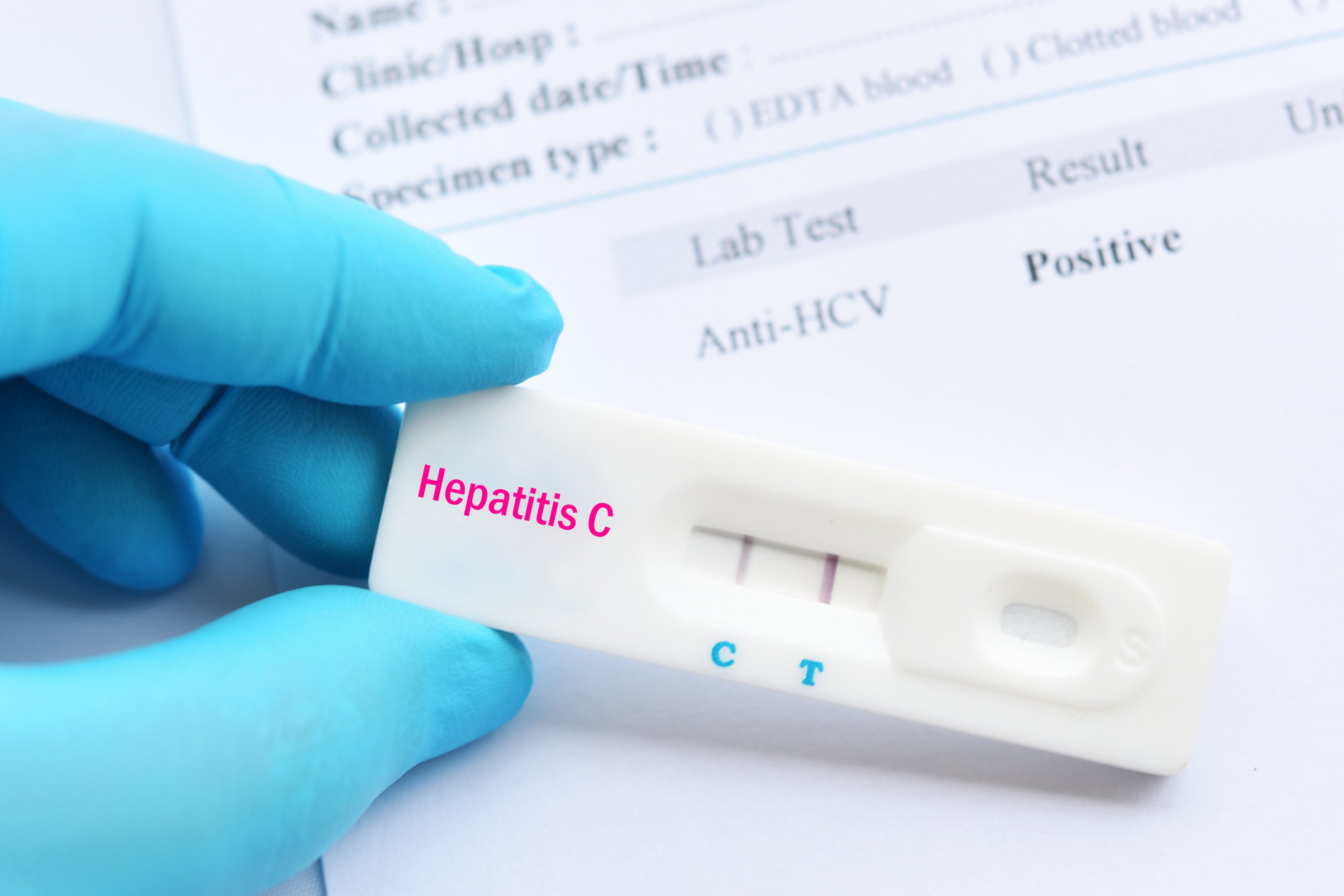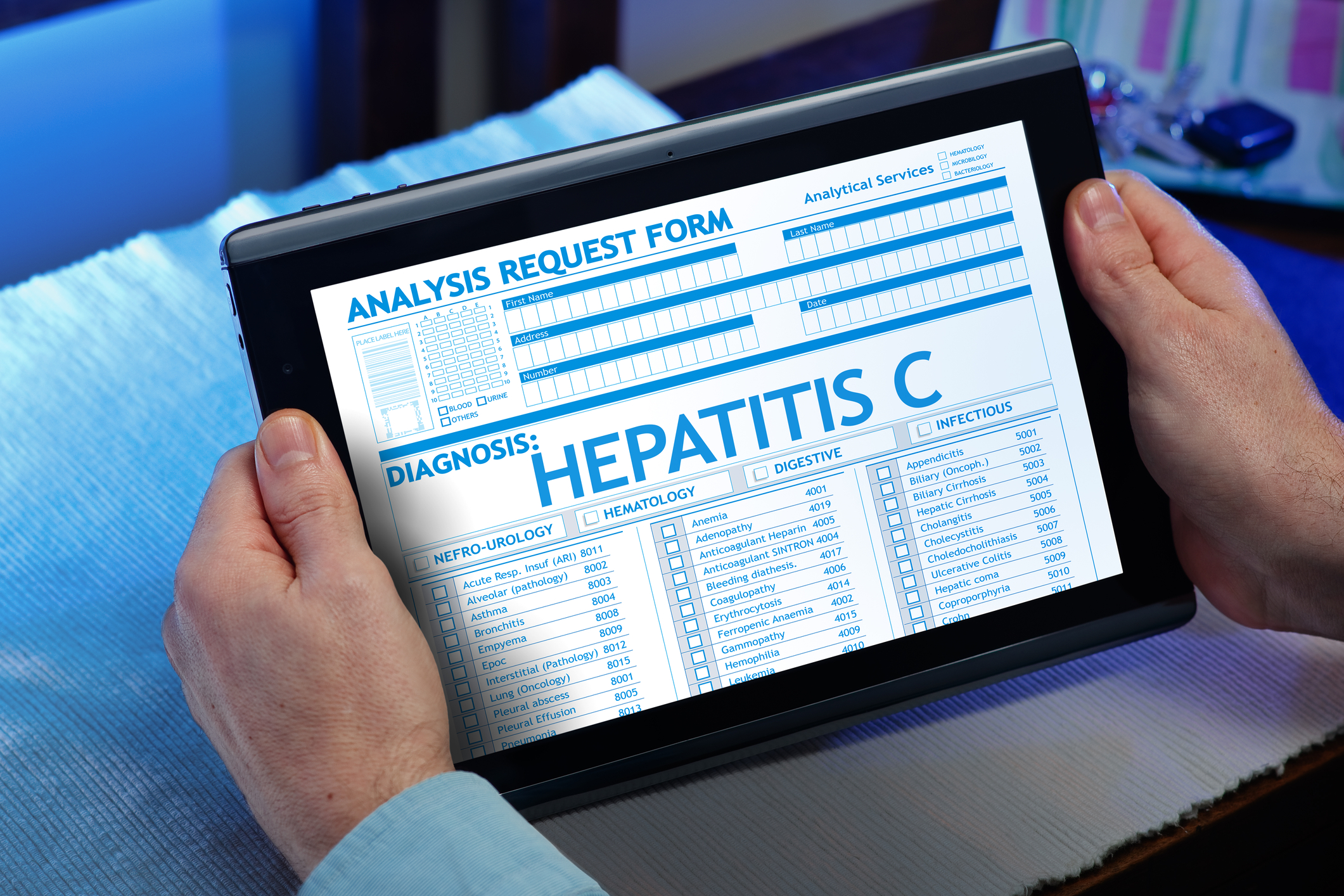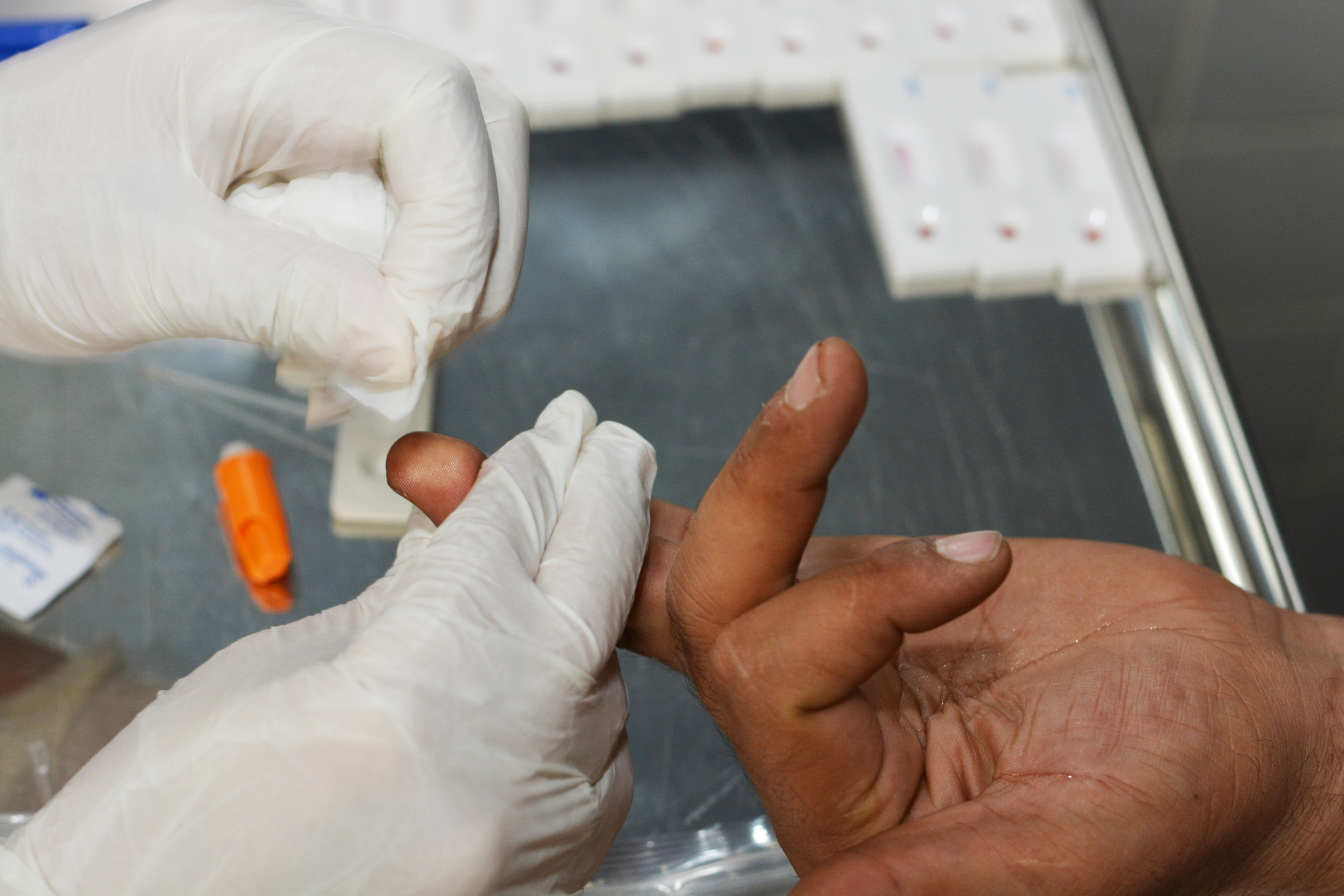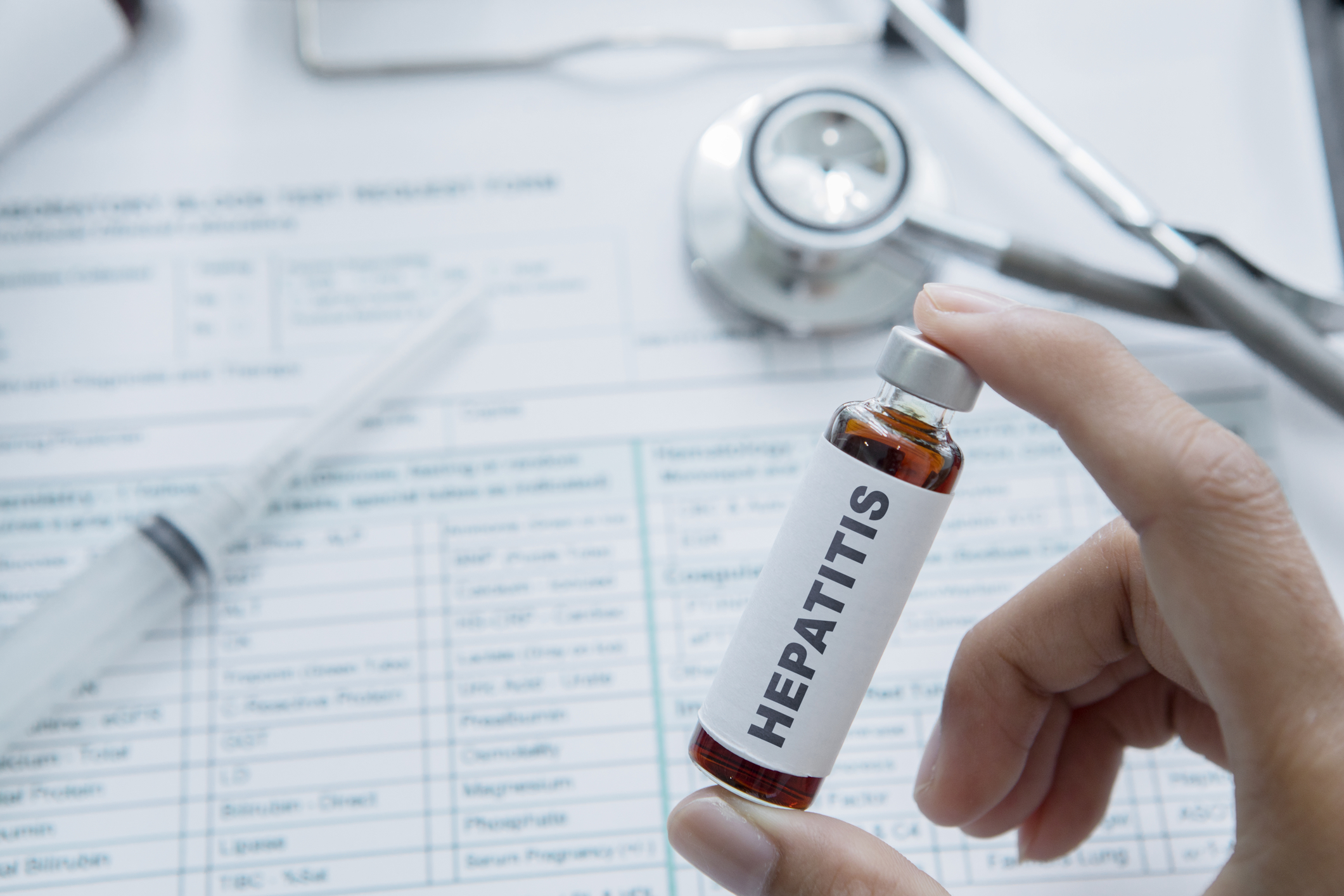Hepatitis C: The Silent Killer You Need to Know About
Ever heard of Hepatitis C? It’s a liver infection caused by the Hepatitis C virus (HCV). The tricky part is that it's often called a “silent” infection because many people don't even know they have it until the liver is already damaged. But the good news? With today’s treatments, Hep C is not just manageable—it’s curable, which is a huge relief considering how serious it can get if left untreated.
How do you know if you have it?

So, how do people catch Hep C? It’s all about blood-to-blood contact. The most common way is through sharing needles, which is why it's a major concern among those who use injectable drugs. But that’s not the only way. It can also happen through non-sterile equipment for tattoos or piercings, or even from blood transfusions before the early 90s when blood screenings weren’t as rigorous. Sexual transmission and mother-to-child transmission during birth are possible but less common. Even sharing personal items like razors or toothbrushes can pose a risk, though it’s rare. Bottom line: if there’s a chance of blood exposure, there’s a risk of Hep C.
What to look out for?

Here’s the sneaky part: Hep C usually doesn’t show any symptoms right away. Most people might feel perfectly fine for years, or even decades, without knowing the virus is slowly damaging their liver. When symptoms do appear, they might include feeling tired all the time, a yellow tinge to your skin or eyes (also known as jaundice), dark urine, or pain in your belly. Some might experience nausea, joint pain, or a general sense of not feeling well. These symptoms can be vague and often mistaken for other illnesses, which is why many go undiagnosed until more severe liver damage occurs.
What to expect with expert intervention?

Getting tested is the only way to know for sure if you have Hep C. It starts with a simple blood test that checks for antibodies to the virus. If that test comes back positive, doctors will follow up with another blood test, known as the HCV RNA test, to confirm an active infection and figure out the amount of virus in your blood. Early diagnosis is crucial—it not only prevents further liver damage but also reduces the risk of spreading the virus to others.
What getting better looks like?

Here’s the exciting part: treatment for Hep C has made huge strides in recent years. A decade ago, the treatments involved injections and had significant side effects, not to mention a lower success rate. Now, direct-acting antivirals (DAAs) are the standard treatment. These pills are taken once a day for 8 to 12 weeks and boast a cure rate of over 95%. And the best part? They come with minimal side effects, making the treatment process much easier to handle. Even for those with advanced liver disease, these treatments can greatly improve health outcomes and overall quality of life.
How to prevent it?

Preventing Hep C revolves around avoiding blood-to-blood contact. This means no sharing needles or other sharp objects, ensuring any tattoos or piercings are done with sterile equipment, and practicing safer sex if there’s a risk of blood exposure. Healthcare workers should always adhere to safety protocols, such as wearing gloves and safely disposing of sharp instruments, to avoid accidental exposure. And while there’s currently no vaccine for Hep C, being mindful and taking preventive steps can make a big difference.
Living with Hep C

Living with Hep C doesn’t mean putting your life on hold. With the right treatment, regular check-ups, and some lifestyle adjustments—like reducing alcohol consumption, eating a balanced diet, and staying active—you can keep your liver healthy and enjoy a full life. Reducing alcohol is particularly important because it can speed up liver damage in those with Hep C. Staying informed, following your treatment plan, and engaging with your healthcare provider can empower you to manage your health effectively.
What to Remember

Hepatitis C might seem daunting, especially with all the talk about liver damage and silent infections. But the reality is, it’s something you can tackle head-on with the right knowledge and actions. Whether it’s getting tested, seeking treatment, or just being mindful of prevention, every step you take is a step toward better health. Remember, it’s not just about curing a virus—it’s about taking charge of your life and well-being. If you think you’re at risk or just want peace of mind, don’t hesitate to reach out to your doctor. A simple test could be the first step in taking control of your health journey. Stay informed!